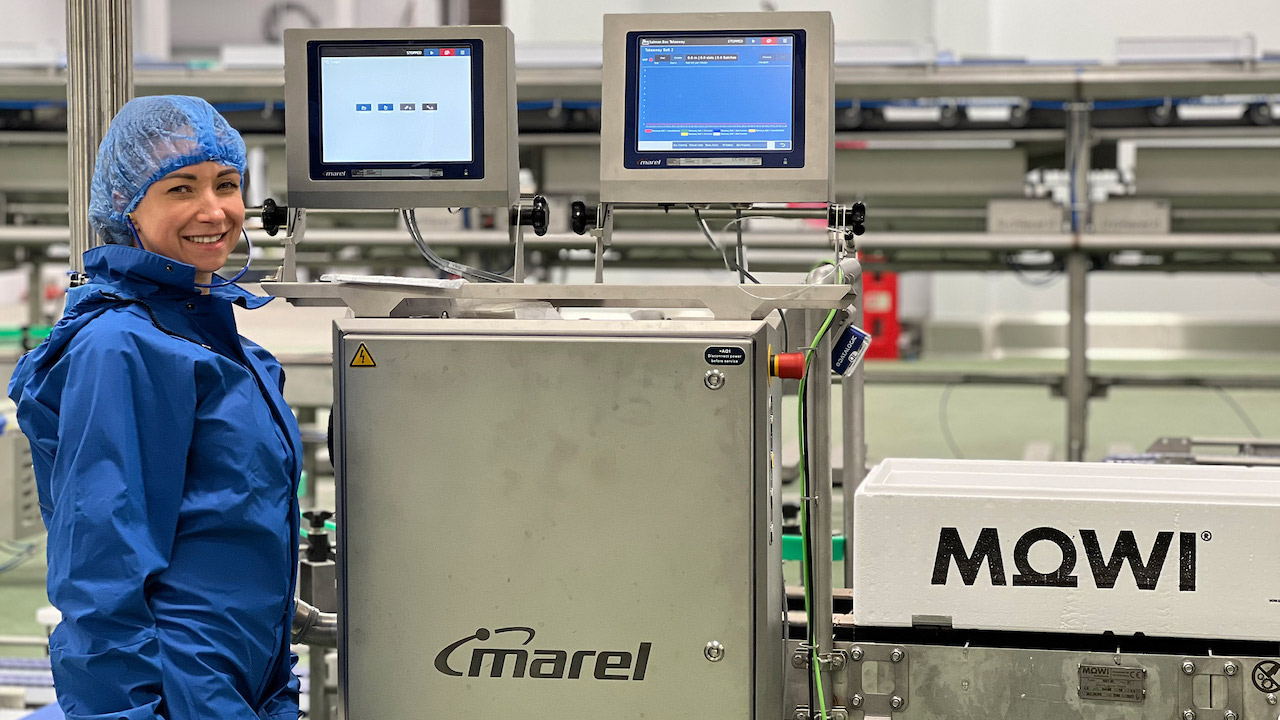Tech
Latest tech at Scottish salmon plant

Two seafood companies are putting the final touches on the Fort William salmon processing plant upgrade that includes installation of the latest food processing and packaging systems. This will enable the facility to process and pack 200 fish per minute, and increase annual throughput capacity to over 80,000 tonnes.
‘With salmon being the UK’s largest agricultural export and 40% of this production going through our plant in Fort William, it was time to ensure our facility maximises throughput while maintaining high quality that customers expect of Scottish salmon. The last major upgrade to this facility came in 2006, and with the fast pace of the aquaculture sector, there are many new and innovative and food processing solutions available to us today,’ said Scott Nolan, Mowi’s Sales and Operations Director (UK, Ireland, Faroes & Iceland).
Mowi brought in Marel to outfit the plant with much of the systems that efficiently process and package salmon for customers domestically and abroad.
‘The main challenge with a large project like this is to ensure a stable production from the existing plant while changing the building and installing new equipment,’ said EVP Marel Fish Ólafur Karl Sigurðarson.
‘I’m super proud of the collaboration and teamwork between Mowi and Marel being able to plan this complex installation to the smallest details in such a successful way. This close partnership has proven itself during first testing of the new Marel equipment and we are looking forward to further cooperation with Mowi.’
The upgraded facility is equipped with two automatic packing graders and five efficient box lines that deliver a consistent and substantial throughput.
Acknowledging Mowi’s contribution to the British economy, the company received a £2 million grant for infrastructure upgrades in 2022 from the UK Government’s Seafood Fund.
‘The upgrade to our salmon processing plant in Fort William is vital to ensure the UK remains competitive in a very global seafood market,’ Scott Nolan said.
‘The UK Seafood Fund Infrastructure Scheme comes at a key time, helping to safeguard and grow our domestic food supply, securing local jobs in rural communities, improving staff recruitment and retention, and reducing our carbon footprint.’










